who cares, it's not like anyone has died eh?
First, What was Cheney saying in 2000? At a celebration dinner after the 2000 presidential campaign, he privately told a group of friends that the new White House team may have a rare historic opportunity to right a wrong committed during a previous term -- the mistake of leaving Saddam Hussein in place atop the Iraqi government. (Wall St. J.)
2001: How Cheney brought them in. (See Below)
He opposed Powell's pick for Defense Sec. and proposed Rumsfeld (C.S. Monitor). Cheney and Rumsfeld go back 36 years. Cheney brought Wolfowitz into the Bush campaign and fought for him as Undersecretary of Defense.
Cheney brought in Libbyas his Chief of Staff. Libby served under Cheney and Wolfowitz in the Gulf War when they developed their critique of leaving Saddam in power and he signed the PNAC principles with Cheney in 1997.
Cheney's own staff is filled by the neocon inner circle. And Cheney holds enormous influence over Bush II. As one prominent Senator describes it, "Like with a horse, Powell is always able to lead Bush to the water. But just as he is about to put his head down, Cheney up in the saddle says, 'Un-uh,' and yanks up the reins before Bush can drink the water."
“Cheney had been secretary of defense during George H.W. Bush's presidency, which included the Gulf War, and he harbored a deep sense of unfinished business about Iraq.”
This view most strongly shared with Wolfowitz and Libby who served under him in that war, and by the neocons in generally, who criticized Bush I viciously for this “failure.
Cheney is a "powerful, steamrolling force obsessed with Saddam and taking him out ... Colin Powell, the secretary of state, saw this in Cheney to such an extent, he, Powell, told colleagues that ‘Cheney has a fever. It is an absolute fever. It’s almost as if nothing else exists,’
http://zfacts.com/p/771.html
*******************
Vice President Cheney, whom Woodward describes as a "powerful, steamrolling force," led that group and had developed what some of his colleagues felt was a "fever" about removing Hussein by force.
relationship between Cheney and Secretary of State Colin L. Powell that became so strained Cheney and Powell are barely on speaking terms. Cheney engaged in a bitter and eventually winning struggle over Iraq with Powell, an opponent of war who believed Cheney was obsessively trying to establish a connection between Iraq and the al Qaeda terrorist network and treated ambiguous intelligence as fact.
Powell felt Cheney and his allies -- his chief aide, I. Lewis "Scooter" Libby; Deputy Defense Secretary Paul D. Wolfowitz; and Undersecretary of Defense for Policy Douglas J. Feith and what Powell called Feith's "Gestapo" office -- had established what amounted to a separate government. The vice president, for his part, believed Powell was mainly concerned with his own popularity and told friends at a dinner he hosted a year ago celebrating the outcome of the war that Powell was a problem and "always had major reservations about what we were trying to do."
http://www.washingtonpost.com/wp-dyn/articles/A17347-2004Apr16.html
One CIA analyst (whom we name for the first time in Hubris) was fiercely pushing the tube case. Yet practically every other top nuclear expert in the US government (including the centrifuge specialists at the Department of Energy) disagreed. This dispute was even mentioned in The Washington Post in September 2002. But neither Cheney nor Bush (nor national security adviser Condoleezza Rce) took an interest in this important argument. Instead, they kept insisting the tube purchases were proof Saddam was building a bomb. They were wrong. And the nuclear scientists at the Department of Energy (again, as our book notes) were ordered not to say anything publicly about the tubes
http://www.thenation.com/blogs/capitalgames?pid=120112 *******************************
At cabinet meetings, he says the president was "like a blind man in a roomful of deaf people. There is no discernible connection," forcing top officials to act "on little more than hunches about what the president might think." This is what O'Neill says happened at his first hour-long, one-on-one meeting with Mr. Bush: “I went in with a long list of things to talk about, and I thought to engage on and as the book says, I was surprised that it turned out me talking, and the president just listening … As I recall, it was mostly a monologue.” He also says that President Bush was disengaged, at least on domestic issues, and that disturbed him. And he says that wasn't his experience when he worked as a top official under Presidents Nixon and Ford, or the way he ran things when he was chairman of Alcoa. “From the very beginning, there was a conviction, that Saddam Hussein was a bad person and that he needed to go,” says O’Neill, who adds that going after Saddam was topic "A" 10 days after the inauguration - eight months before Sept. 11. He obtained one Pentagon document, dated March 5, 2001, and entitled "Foreign Suitors for Iraqi Oilfield contracts," which includes a map of potential areas for exploration. “It talks about contractors around the world from, you know, 30-40 countries. And which ones have what intentions,” says Suskind. “On oil in Iraq.” http://www.cbsnews.com/stories/2004/01/09/60minutes/main592330.shtml
Friday, August 3, 2007
Cheney, a little history
Thursday, August 2, 2007
Important Books to R-E-A-D If You Want to Know the Truth
If You Want to Know about what's been going on in this country, please read as many of these books as possible. They aren't listed in any particular order. Hubris and 'Imperial Life in the Emerald City' are 2 great books to start off with. Older books like 'The Greatest Story Every Sold', 'Iraw For Sale' are great reads. The Italian Letter is a must read. IMO, they are all a must read.
Click to read more and purchase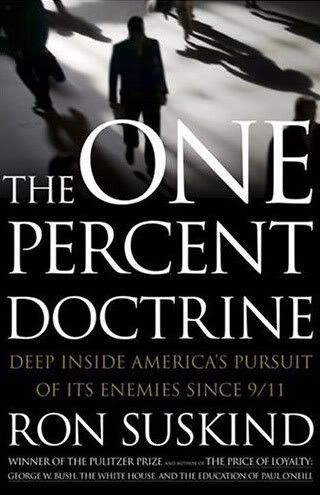
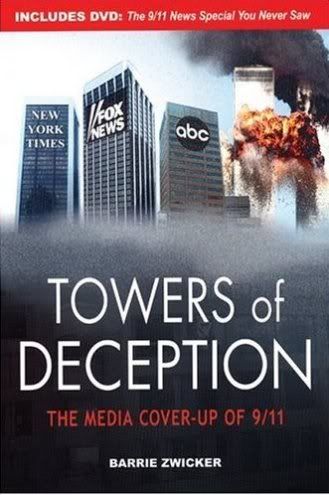
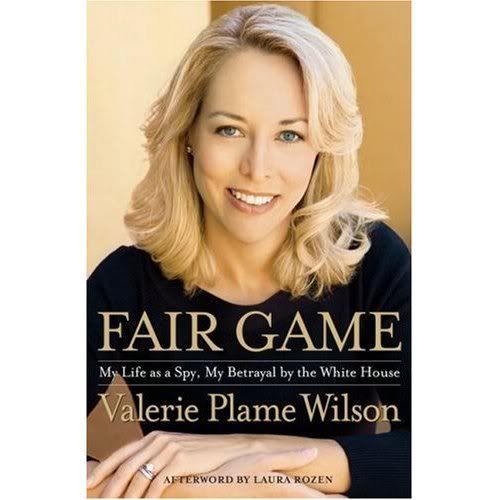
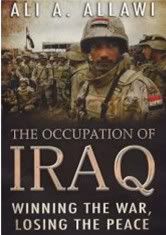
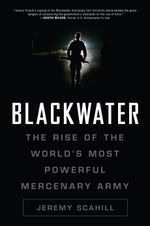

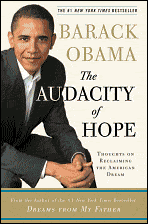
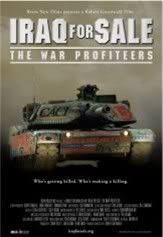
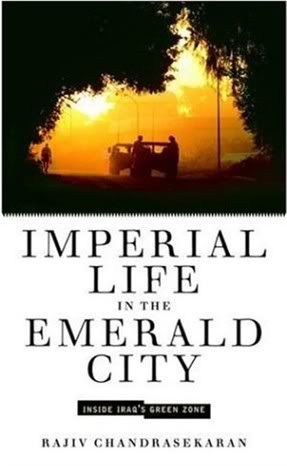
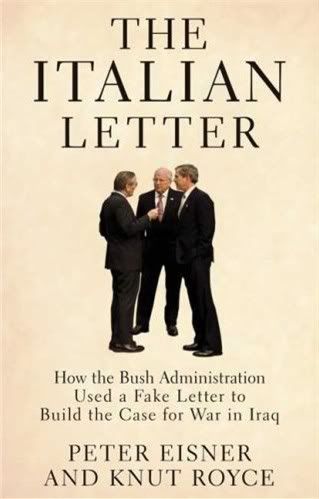
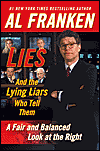
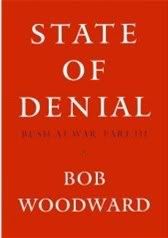
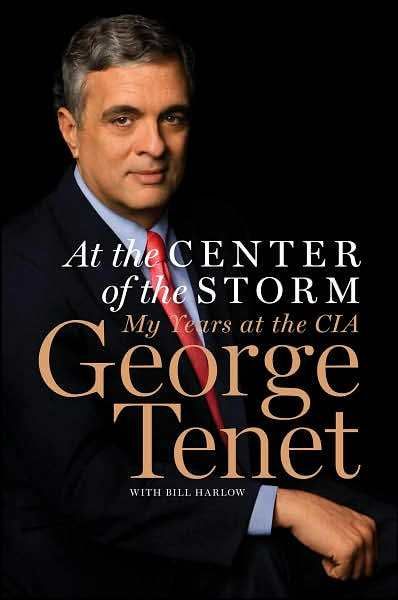
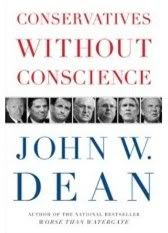
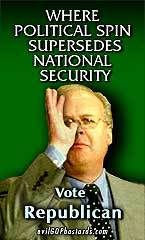
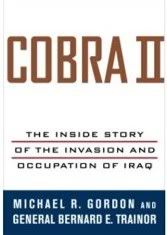
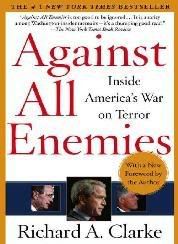
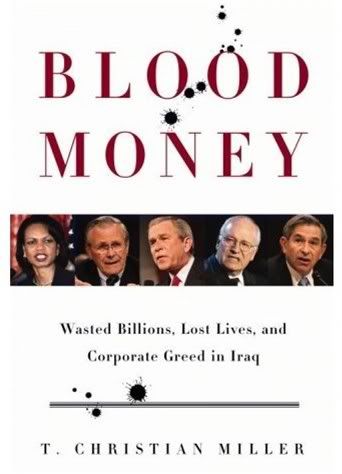
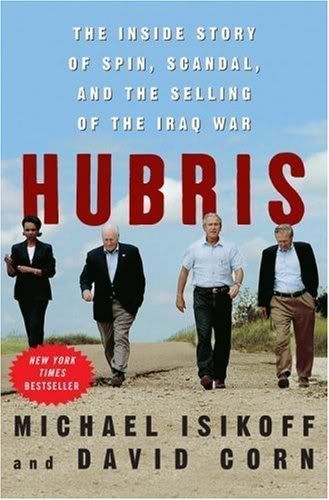
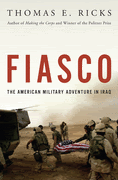
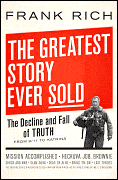
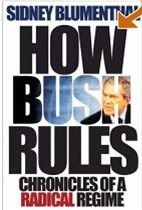
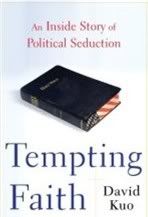
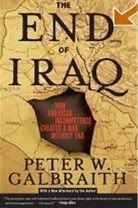
Video Extra
Part 1 Video w/Author
Part 2 Video w/Author
Subscribe to:
Posts (Atom)